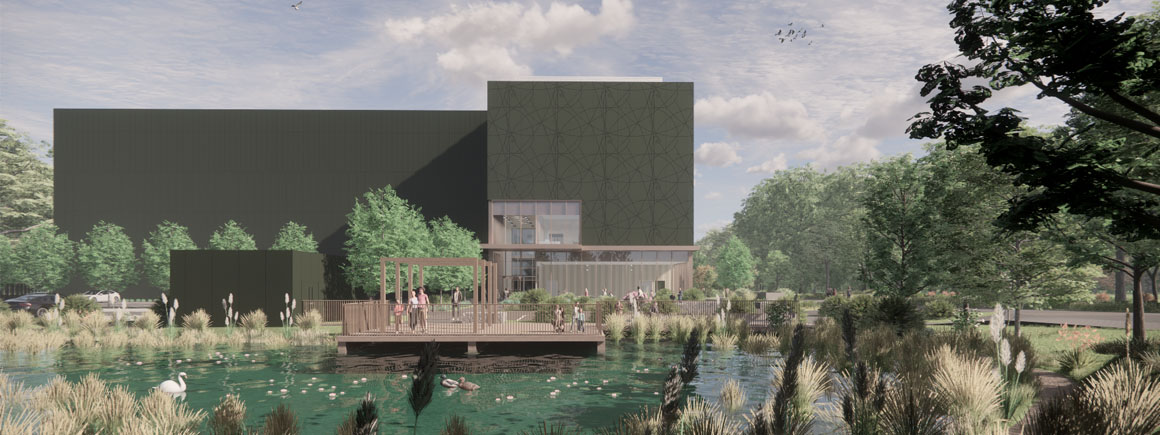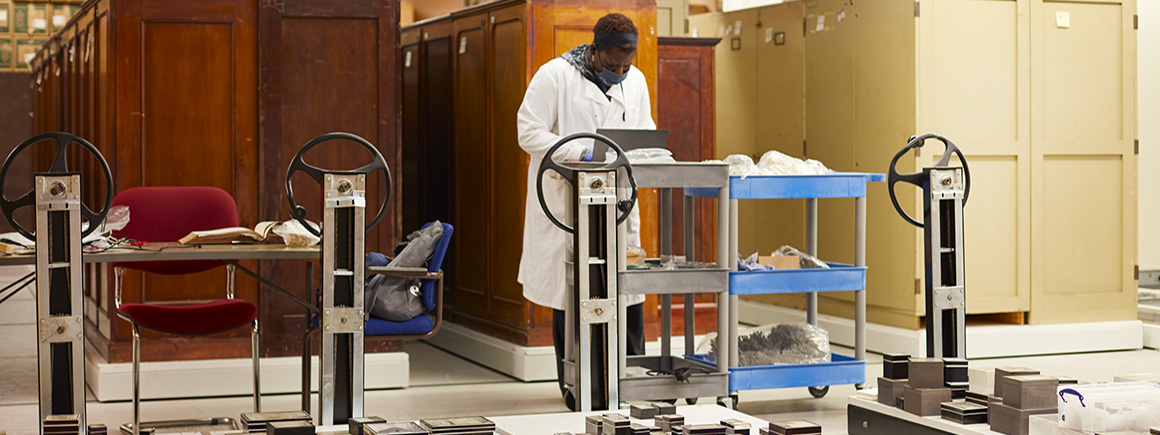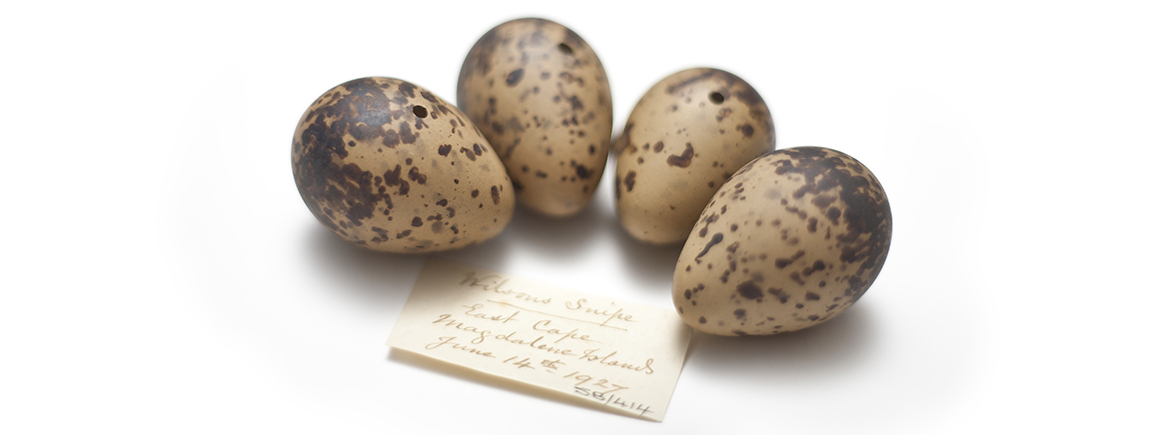Looking for a specimen?
The Lepidoptera collection is being digitised

Colias croceus
The Museum’s Lepidoptera collection is one of the oldest, largest and certainly the most type rich.
The collection contains 12.5 million pinned specimens and one million papered specimens housed in 80,000 drawers. There are 125,000 type specimens.
The Lepidoptera specimens are divided into two separate collections, British/Irish and international.
The collection is comprehensive in its geographical coverage. Particularly well represented areas include:
This collection includes taxa described by Bates, Bethune-Baker, Boisduval, Butler, Evans, Fabricius, Felder, Fruhstorfer, Hampson, Inoue, Jordan, Leech, Meyrick, Oberthur, Prout, Rothschild, Walker, Walsingham, Wileman and Zeller.
Includes collections from Bankes, Chalmers-Hunt, Cockayne, Emmet, Ford, Goater, Jacobs, Kettlewell, Rothschild, Stainton, Stephens, Watson and West.
Specimens are carefully preserved in a variety of ways:
The Lepidoptera collection is being digitised
Please get in touch if you would like to use any specimens for research.
Robyn Crowther
Richard O’Brien
A British reference collection can be found at the Angela Marmount Centre for UK Biodiversity

Access to some collections will be affected as we prepare for the move to our new collections, science and digitisation centre.

Scientists and collections management specialists can visit the collections and borrow specimens for research.

Our duty is to provide a safe and secure environment for all of our collections.